Volume 6, No 2, December 1993
Banks and the Control of Corporations
CHARLES GOODHART
CHARLES GOODHART
Price-Setting in a Simple Monopoly Model with External Demand Uncertainty: Should the Goverment Intervene?
SAJAL LAHIRI and JEFFREY SHEEN
SAJAL LAHIRI and JEFFREY SHEEN
We construct a partial equilibrium model of a risk averse monopolist who faces an uninsurable uncertain foreign demand and a constant marginal cost, and makes an ex-ante production plan, committing ex-post to the ex-ante price. Optimal government intervention is considered when the good is only exported and income risk aversion differs for the representative consumer and the monopolist. If both agents are not too risk averse, or are identically so, the government should not intervene. If either or both agents are sufficiently risk averse, we find that a production tax will be optimal when the monopolist is more risk averse than the consumer. There is also a sensible range of parameter values for which the government will be indifferent between taxing or subsiding the monopolist. If the good is consumed domestically, the normal monopoly distortion adds a force for a subsidy.
New Technology and Structural Change in the Greek Printing and Publishing Industry, 1972-1991
COLIN SIMMONS and NICOS LEANDROS
COLIN SIMMONS and NICOS LEANDROS
This paper seeks to examine restructuring in the Greek printing and publishing industry following the introduction of new technology in the 1980s. In the national newspaper sub-sector, technological innovation helped to concentrate economic power, whereas in the general printing and publishing branch, the diffusion of offset presses led to an intensification of competition and this in turn undermined the position of the larger general printers. These tendencies are illustrated through the use of two enterprise level studies. We conclude that the industrial structure continues to be characterised by a great number of very small-scale firms--and these posses few of the dynamic and innovatory attributes claimed by proponents of the "Flexible Specialisation" school.

